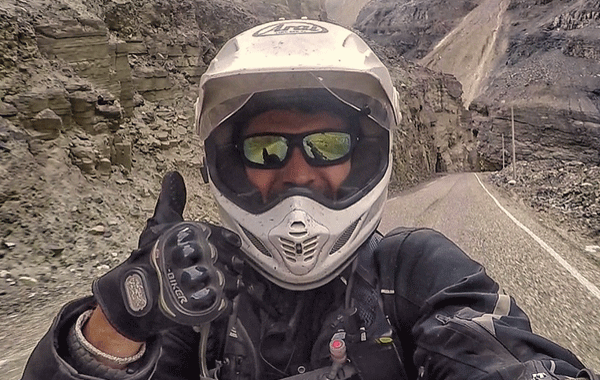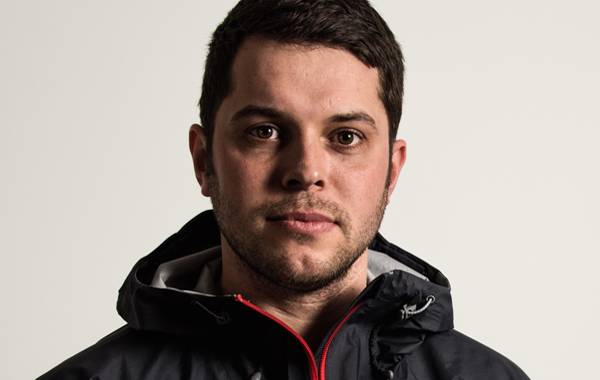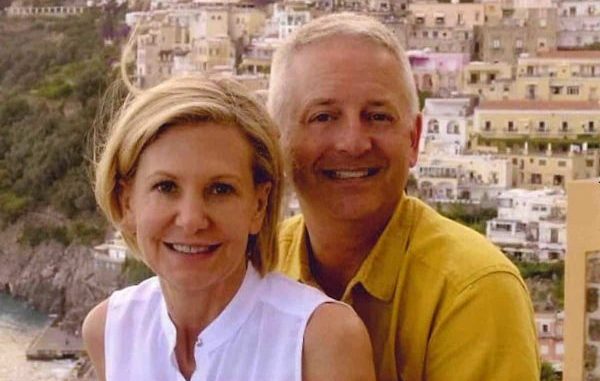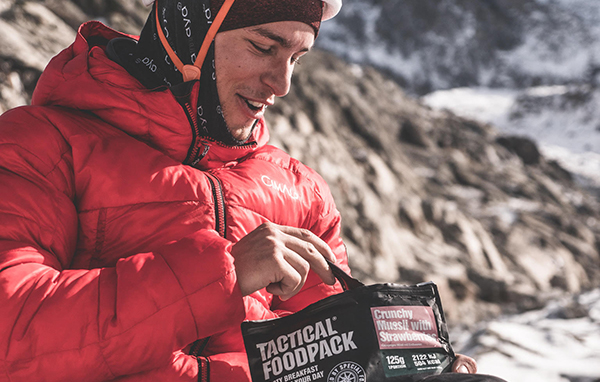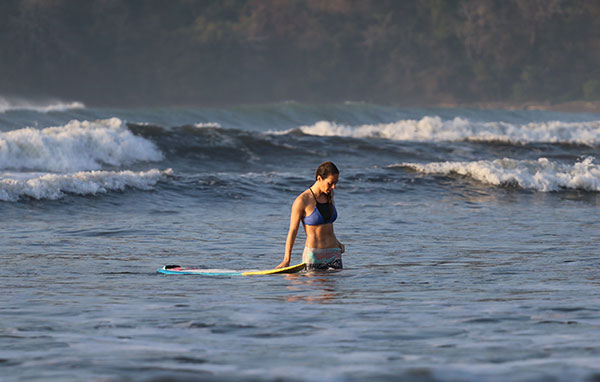
Travelling is undoubtedly a fun experience for everyone, whether it’s your first trip abroad, you’re a regular traveller, or you are embarking on your first holiday as a family or with pets. But neglecting to plan appropriately for your journey can put a damper on the whole experience before you’ve even left home.
As excitement builds, it can be easy to overlook essential aspects of your trip you need to check before you go so things are successful. Read on for some things to put on your checklist so you are all ready to go.
Passport
Before you do anything else, you need to check that your passport is up to date. Then, you need to check the rules of the country you are visiting, as some countries require you to have specific durations left on your passport. In normal circumstances, you cannot travel with less than 6 months on your passport, but your passport needs to be valid for the duration of your stay at least. If you think your passport will expire or the country you are visiting requires a longer duration, it is worth renewing your passport prior to setting off so you know everything will be fine. The current turnaround time for UK passports is 15 days, although this will be longer in busy periods or if details or pictures are wrong; if you get your picture taken in a booth or do it yourself, there is a high chance it might be rejected, But, you can follow these guidelines for DIY Passport Photos or head to a photographer who can guarantee the perfect passport picture to be accepted.
Visa Requirements
It is the traveller’s responsibility to ensure they have the correct visa for entry into each country they are visiting. There are 152 countries that UK citizens can travel to without a visa; however, only 41 countries are permitted to travel to the US without a visa, while all non-Australian visitors need a visa to enter the country. Each country will have a different requirement based on your resident country and the duration and reason for your visit.
Security
Your security when you are travelling is paramount. Knowing that you won’t be scammed or become a victim of crime and being able to enjoy your trip is something that can be worrying, but that you can also try to prevent.
Taking copies of essential documents either on your phone or in photocopies can help you out should you lose your passport, flight details, or accommodation information. It will mean you can still gain access to your arrangements as you will have proof. In the event your passport is lost or stolen, having a copy of it will help you to get a new one issued; it also pays to know the details of your country’s consulate should you need their help.
Be aware of common tourist traps, scams and common crimes in the area you are visiting and be conscious of your habits and behaviours in a new country to avoid making yourself a target for criminals.
Check Insurance
No one should be travelling without travel insurance, but despite the benefits this can offer, many people do. GoFundMe requests pop up frequently to help cover medical care and repatriation for people injured when travelling and unable to cover the care they need or to get back home.
Read the small print on your travel insurance and be aware of any exclusions to the policy limits for payouts for things like missed connections, lost luggage, medical care and repatriation. Depending on the country you are visiting, this can run into the hundreds of thousands, which will be payable at the point of treatment.
Health Requirements
Don’t forget to make sure you have enough of any prescription medication to travel with and cover the duration of your trip. In some cases, i.e. for those travelling who have diabetes, you need a medical note from your doctor to confirm that you need to travel with your equipment and medication, but at the very least, you need to keep all prescription medication in its original packaging.
Again, checking the requirements for the country you’re visiting will allow you to see what you will be expected to travel with your required medication to avoid it being confiscated.
Inform Your Bank
This isn’t always required, but if you are going to be away for extended periods of time, informing your bank or credit cards of your plans can stop them, putting a block on your card for fraud. If they’re expecting to see transactions from this country, then it’s less likely they will halt any payments or refuse transactions unless you alert them to your cards being lost or stolen. For UK residents, most of the major banks don’t require you to tell them of your plan if you’re travelling inside the EU, but if you are going to other destinations, then it is a good idea to get in touch so they’re aware.
Give Family and Friends Your Itinerary
If you are concerned for your safety or want added peace of mind, give your itinerary to family and friends. You can do this by giving them all your travel plans, where you will be staying, the times of your flights, or you can use apps on your phones to keep track of where you are at any given time. This way, if anything were to happen, your loved ones would have details of your movements to share with authorities. This is ideal for lone travellers or those travelling with small children.
Prepare Your House for Your Return
Clearly, the last thing you want to be doing right now is thinking of your return home, but your future self will thank you for this foresight. Make your bed and put fresh bedding on. Have clean clothes to wear, and arrange a food shop if you can to arrive the day you come home or ask someone to drop you off a few groceries if you’re arriving during the night so you have something to eat and drink. Clean the house or book a deep clean before you go and make sure everything is tidy and organised because, let’s face it, the post-holiday washing is terrible enough without having to clean up after the pre-holiday you, too.
Making these few checks and accommodations prior to your trip can help you to make sure that you have checked everything is in order and correct and that you are safe during your trip. This can give you added peace of mind that you have everything sorted and can sit back and enjoy your time away.


